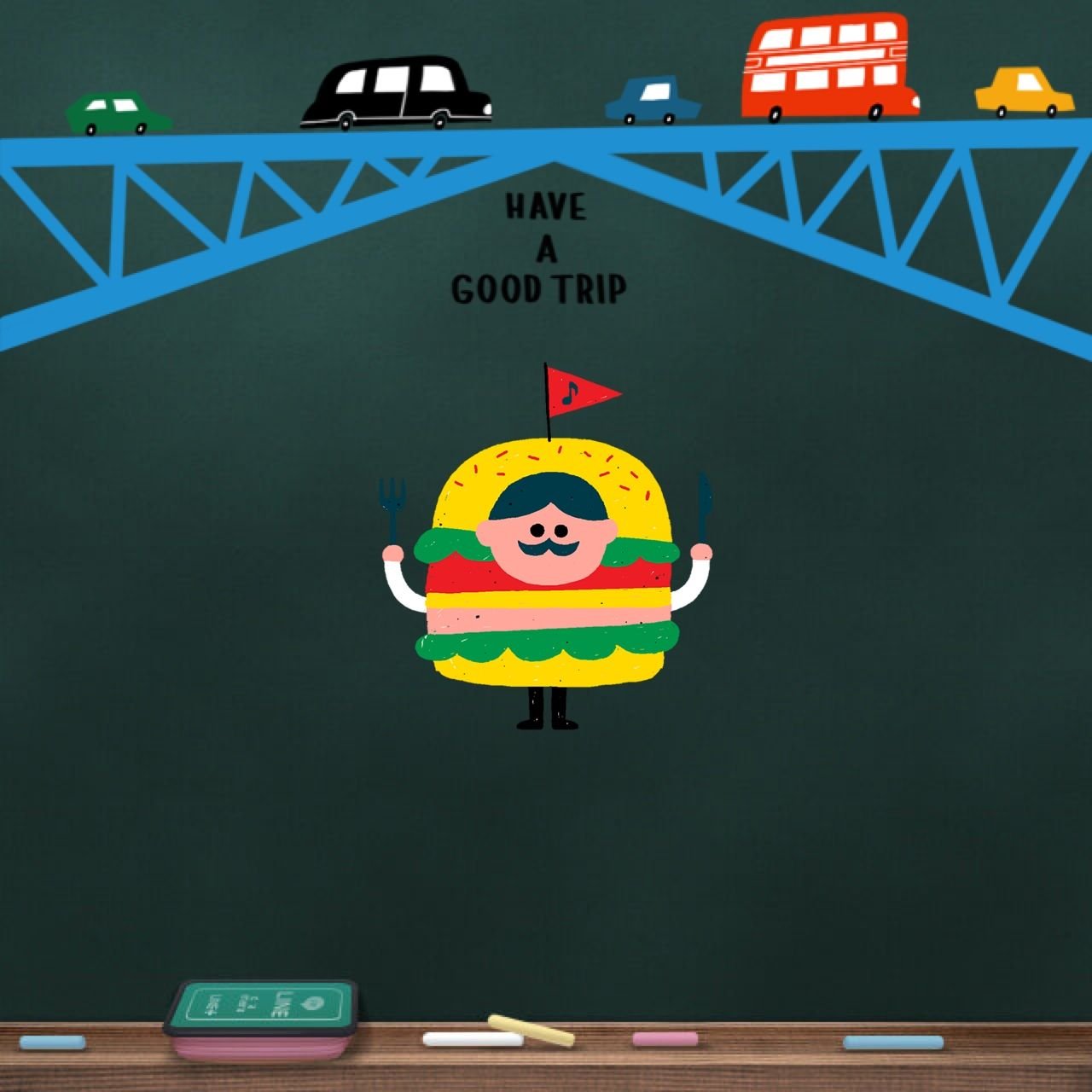Continuing from my first post on children education, this post is built on top of that.
Most Asian parents are likely to develop their children in academic terms at early ages. These parents tend to set an early plan for children, hoping them to go on a rational path leading to future success. Some parents may want their children to follow their footsteps while some may want their children to climb up the societal ladder.
Either case, most parents believe that academic competence can bring career and financial success to their children. With that in mind, most children are trained intensively day after day in after-school training.

My boy messed around on phone and did this “masterpiece”
Such after-school training has nothing to do with recreations or hobbies but repetitively ‘cramming’ and robotically practising examinations. This competence, sought by most parents, are believed to create academic success in their children.
Being academically successful and finding a professional and well-paid job altogether seem to be a formula possibly moulding lifelong success.
An idiom goes: All work no play make Jack a dull boy. Have those parents thought that a high dose of robotic training to be physically and mentally harmful to children? When adults are entitled to after-work entertainment, why those children can be deprived of their rights to their own preferred after-school activities? It is personally believed that children undergo a substantial amount of academic training at school. The need for extra after-school robotic training does not seem to be valid. Rather, children deserve some free or play time or even some rest after-school. Children even can help parents do some simple house chores. When adults may put emphasis on harmony by endorsing a work-life balance, where is such a balance for children?

My boy makes a chocolate cake at home
Unless an examination is coming, it is personally not thought that intensive academic training given after-school can be positive in the long term. A consistently high dose of robotic academic training can mount intense dislike towards learning on children or even worse may result in suicidal thoughts (anxiety and depression)
Slanting toward one end on a scale possibly create cohorts of examination robots without life skills. If those parents cannot get out of the maze and be clear about how the society has been developing, after-school academic training pegged closely to examinations does not seem to bring career success. Innovations, flexibility, and collaborations, believed to be three pillars paving way for career success of the day and also the future, are overlooked in such after-school training.
*I believe that children should have a work-life balance. After school, day in and day out, my boy reads a short story book, does a page or two of simple Chinese writing, write a simple and short diary, watch cartoon channels, play with toys, and go to bed before 9 PM. He does not undergo any after-school academic training.
Content is original.
大多數亞洲的父母很可能早年在學術上發展自己的孩子。這些家長傾向於為孩子們制定一個早期計劃,希望他們能夠走上一條理性的道路,從而獲得未來的成功。一些專利可能希望他們的孩子跟隨他們的腳步,而有些可能希望他們的孩子爬上社會階梯。
無論是哪種情況,大多數家長認為學術能力可以為孩子帶來事業和財務上的成功。考慮到這一點,大多數孩子在課餘訓練中日復一日強化訓練。
這種課外訓練與娛樂或業餘愛好無關,而是反复地“填塞”和機器人實踐考試。大多數家長所追求的這種能力,相信會使他們的孩子在學業上取得成功。
在學業上取得成功,找到一份專業,高薪的工作似乎是一個可能鑄就終身成功的公式。
一個習慣用語是:所有工作不玩耍,使傑克變成一個無聊的男孩。那些父母認為高劑量的機器人訓練對孩子身心都有害嗎?當大人有權幹活後,為什麼這些孩子可以被剝奪自己喜歡的課後活動的權利?個人認為,孩子在學校接受大量的學術訓練。額外的課後機器人訓練的需要似乎不是有效的。相反,孩子應該得到一些免費或玩的時間,甚至放學後休息一下。孩子們甚至可以幫助父母做一些簡單的家務。當成年人可以通過認同工作與生活的平衡來強調和諧時,孩子的這種平衡在哪裡?
除非考試即將到來,否則個人並不認為長期的課後強化學術訓練是正面的。持續高劑量的機器人學術訓練可能會對孩子的學習產生強烈的不愉快感,甚至可能導致自殺念頭(焦慮和抑鬱)。
傾向於一個規模的一端可能會創造沒有生活技能的考試機器人隊列。如果父母不能走出迷宮,明白社會如何發展,那麼課後學術訓練與考試緊密掛鉤似乎並沒有帶來職業上的成功。創新,靈活和合作被認為是當今職業成功和未來的三大支柱,在這樣的課後培訓中被忽視了。
*放學後,我孩子每天讀短篇故事書,做一兩頁中文寫作,寫一個簡短的日記,看卡通頻道,玩玩具,晚上9點前上床睡覺。
